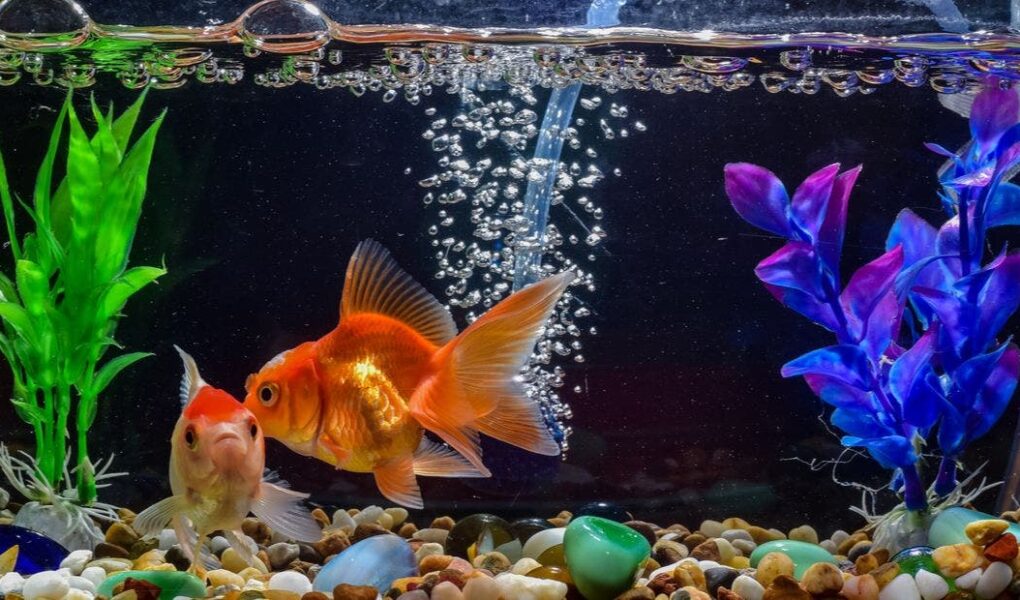You’ve taken every precaution to provide a happy and healthy home for your fish. With all the right pumps, filters, heaters, and lights to maintain an ideal ecology, their aquarium is a well-established living area. But what happens if the power goes out? What you should know about protecting your fish during a power outage is provided here. Learn mor about Aquarium battery backup here.
Getting your aquarium ready for a blackout
Having a reliable backup power system installed is the best approach to prepare for a power loss. Think about keeping an uninterruptible power source, such as a generator, on hand for your aquarium and other essential home appliances. These are available for purchase at most office supply stores.
By employing a spare battery-operated air pump and having an ample supply of batteries on hand, you may be able to minimize any problems with your aquarium during a brief power outage. This will keep the water flowing in your tank and replenish the oxygen until the power is restored. Aquarium battery backup
How to handle your aquarium in the event of a power loss
Important Safety Advice: Cover the tank with a blanket to reduce ambient light and assist in maintaining a constant temperature.
To keep your fish safe in the event of a power outage, do the following actions:
- Examine the aquarium and other electrically operated appliances to determine whether the entire house has lost power or if certain parts are affected but the aquarium is still operational.
- Make sure your uninterruptible power supply system is operational and providing backup power to your aquarium if you have one.
- If your air pump runs on batteries, put it in your tank, make sure the batteries are fresh, and turn it on.
- To assist in maintaining safe water quality, do a 25% water change if your battery-operated pump isn’t working for more than five hours.
- In order to provide cool water and stabilize the temperature and oxygen content during the summer, you can float bags of ice cubes.
- During the winter, you can keep the water warm by wrapping a blanket around the tank, being careful not to cover the top.
- Don’t feed your fish when there is no power. The majority of fish, especially common aquarium fish, can go for many days without eating. Feeding the fish during a blackout increases their activity level and waste production, which accelerates the loss of oxygen and builds up toxic ammonia.
A lot of the same processes, such as preserving a system of circulating water and regulating oxygen levels, should be taken care of if you have a saltwater tank. Although most saltwater fish can survive for days without light, it’s crucial to keep oxygen levels stable. By filling a cup or pitcher with tank water and returning it to the tank, you can physically contribute to the oxygenation of the tank and maintain water flow in the absence of an uninterruptible power source. By doing this a few minutes at a time, every ten to fifteen minutes, you can help the water in the tank get more oxygen and circulate it.



